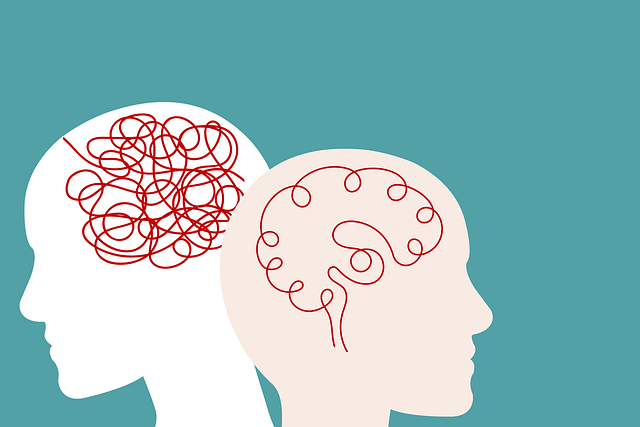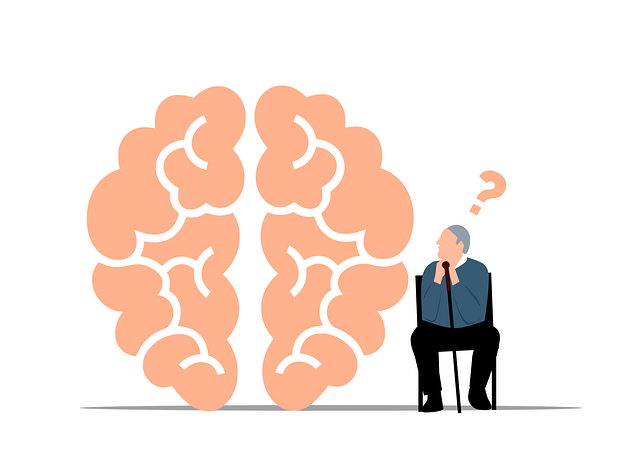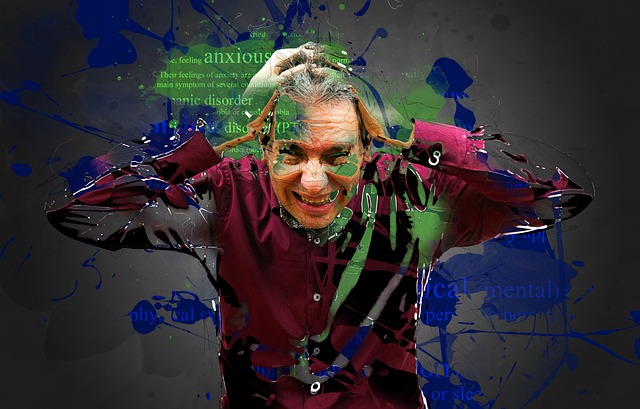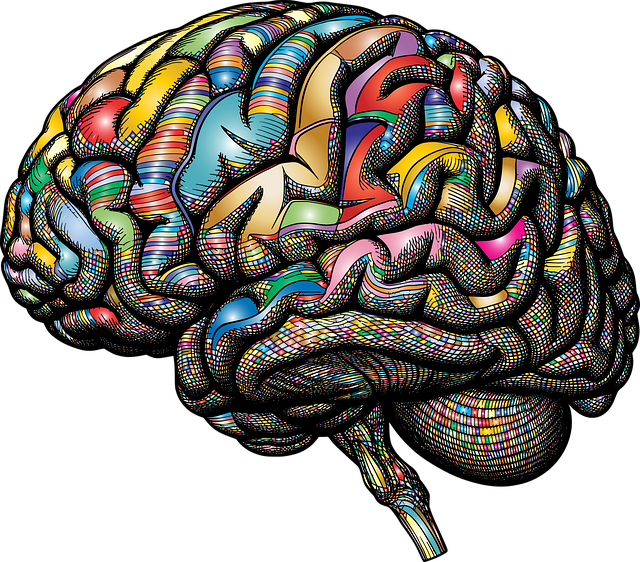In today's diverse healthcare landscape, cultural competency is vital for providers, especially in specialized areas like Englewood Sexual Dysfunction Therapy (ESDT). ESDT focuses on understanding cultural context to enhance patient outcomes and satisfaction through trust and open communication. Their holistic approach includes Inner Strength Development, Public Awareness Campaigns, and interactive training to reduce stigma, create safe spaces, and provide tailored care. Measuring the impact involves evaluating knowledge, skills, and their application in real-world settings, with patient feedback and tracking health outcomes providing qualitative insights into the success of cultural competency initiatives like ESDT.
“In today’s diverse healthcare landscape, cultural competency is no longer an option but a necessity. The following article explores this critical aspect of modern medical practice, focusing on its impact and benefits for both patients and providers. We delve into real-world examples, such as the innovative approach by Englewood Sexual Dysfunction Therapy, which caters to a wide range of patient needs. Additionally, we provide practical insights into designing and measuring the effectiveness of cultural competency training programs.”
- Understanding Cultural Competency in Healthcare: A Necessity in Modern Practice
- Englewood Sexual Dysfunction Therapy: Addressing Diverse Patient Needs
- Designing Effective Training Programs for Healthcare Providers
- Measuring and Evaluating the Impact of Cultural Competency Training
Understanding Cultural Competency in Healthcare: A Necessity in Modern Practice

In today’s diverse healthcare landscape, cultural competency is no longer a nice-to-have, but an absolute necessity. It refers to the ability to understand, appreciate, and interact effectively with patients from different cultural backgrounds, beliefs, and values. With communities becoming increasingly multifaceted, healthcare providers must be equipped to navigate complex cultural nuances to offer quality care that respects individual differences. This is especially pertinent in areas like Englewood Sexual Dysfunction Therapy, where understanding cultural context can significantly improve patient outcomes and satisfaction.
Cultural competency involves more than just basic knowledge; it equips professionals with essential skills for conflict resolution techniques, burnout prevention, and anxiety relief. By embracing diverse perspectives, healthcare workers can foster an inclusive environment that promotes trust and open communication. This is vital in addressing health disparities and ensuring equitable access to care, ultimately reflecting the cultural tapestry of the communities they serve, including Englewood.
Englewood Sexual Dysfunction Therapy: Addressing Diverse Patient Needs

Englewood Sexual Dysfunction Therapy (ESDT) plays a pivotal role in addressing the diverse needs of patients from various cultural backgrounds. In a world where sexual health is deeply influenced by cultural norms and beliefs, ESDT offers specialized services tailored to break down barriers and foster understanding. The therapy focuses on empowering individuals to enhance their sexual well-being while navigating cultural complexities. By incorporating Inner Strength Development techniques, therapists enable patients to build resilience and assertiveness, crucial aspects in resolving intimate issues.
Furthermore, conflict resolution techniques are integrated into the therapy process to help couples and individuals manage sensitive discussions related to sexual dysfunction. Public Awareness Campaigns Development also falls under the realm of ESDT, aiming to educate diverse communities about available resources, thereby encouraging early intervention and improved outcomes. This holistic approach ensures that patients receive culturally sensitive care, leading to more effective treatment and positive transformations in their lives.
Designing Effective Training Programs for Healthcare Providers

Effective healthcare provider cultural competency training programs are designed to address the diverse needs and backgrounds of patients they serve. These programs should go beyond surface-level awareness and focus on fostering deep understanding and empathy. Incorporating interactive workshops, case studies reflecting real-life scenarios, and self-awareness exercises can help providers develop skills to navigate complex conversations about sensitive topics like sexual dysfunction (a key area where Englewood Sexual Dysfunction Therapy can offer expertise) with cultural sensitivity.
Training should also include components dedicated to mental illness stigma reduction efforts, promoting environments where patients feel comfortable discussing their struggles openly. By integrating Mind Over Matter principles into the curriculum, healthcare providers can learn to support patients in adopting healthier mindsets and coping mechanisms. Ultimately, these comprehensive training programs aim to equip healthcare professionals with the tools necessary to provide compassionate, culturally competent care tailored to each patient’s unique needs and experiences.
Measuring and Evaluating the Impact of Cultural Competency Training

Measuring the impact of cultural competency training is a vital step in evaluating its effectiveness and ensuring continuous improvement. This process involves assessing both the knowledge and skills acquired by participants and their application in real-world healthcare settings, such as Englewood Sexual Dysfunction Therapy. One way to gauge success is through post-training evaluations, which can include self-assessments and feedback from peers and supervisors. These tools help identify areas of strength and weakness in cultural competency, allowing for targeted follow-up training.
Additionally, tracking long-term outcomes related to patient satisfaction, healthcare utilization, and health outcomes provides valuable insights. For instance, improvements in Self-Esteem Improvement and Self-Care Practices among patients interacting with healthcare providers who have undergone training could suggest a positive impact on mental wellness. Encouraging patients to keep Mental Wellness Journaling Exercise Guidance as part of post-training follow-up can offer qualitative data, showcasing the tangible benefits of cultural competency initiatives.
Cultural competency training is a game-changer in healthcare, especially as diverse patient populations become the norm. As discussed, programs like Englewood Sexual Dysfunction Therapy demonstrate that addressing cultural needs improves patient outcomes and creates a more inclusive environment. Effective training should be tailored, engaging, and regularly evaluated to ensure it meets the unique requirements of healthcare providers and patients alike. By investing in these initiatives, we can foster better communication, enhance care quality, and ultimately revolutionize healthcare accessibility for all.












